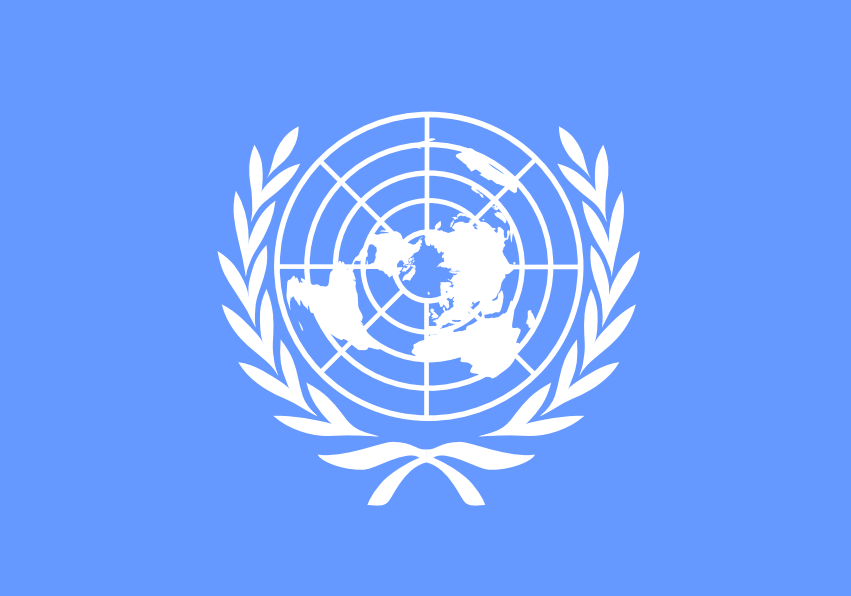
South Africa has used its Presidency of the United Nations Security Council (UNSC) to champion the human rights of women in situations of armed conflict.
“The main deliverable we sought and achieved during South Africa’s Presidency of the Security Council was the unanimous adoption of Resolution 2493 on Women, Peace and Security (WPS). The unanimity of the resolution was important as it served to rebuild consensus in the Council on WPS agenda,” Minister of International Relations and Cooperation, Naledi Pandor, said.
The Minister said resolution 2493 recognises that there are gaps in the implementation of the commitments to protect and advance the rights of women in situations of armed conflict.
Pandor was on Monday briefing members of the media regarding South Africa’s Presidency of the UNSC for the month of October 2019.
“The WPS agenda, and especially its recommendations on the human rights of women, has been challenged by many delegations over the last few years. The fact that South Africa as the pen-holder for Resolution 2493, steered through a strong consensus-based resolution strengthens the potential for increased accountability by member states for the implementation of all the resolutions that make up the WPS agenda,” she said.
According to the Minister, women continue to be marginalised in peace processes even though they are the most affected by the devastating consequences of conflict.
“Resolution 2493, emphasises the implementation of all previous UNSC resolutions to ensure that member states commit to redoubling their efforts to advance the WPS agenda,” Pandor said.
The resolution strongly encourages member states to create safe and enabling environments for civil society organisations that protect and promote human rights, to carry out their work independently and without interference.
The resolution also calls for a report on the progress and setbacks in the WPS agenda and proposes recommendations to address new and emerging challenges.
UN-AU Partnership
The Security Council held a briefing on the cooperation between the United Nations (UN) and regional organisations with particular focus on UN-African Union partnership on 30 October.
Council members reaffirmed the importance of the partnership between the UN and the AU in conflict prevention, management, peacekeeping and peacebuilding.
“It was noted that the coordination between the two organisations on peace and security matters has resulted in positive returns in recent months in respect to the peace agreement which was brokered in the CAR between the government and 14 armed groups; the successful facilitation of the transitional government in Khartoum; and a common understanding on the way forward in South Sudan regarding the formation of a transitional government of national unity,” the Minister said.
All members expressed support for sustainable, predictable, and flexible funding for AU-led peace support operations authorised by the Security Council.
“Some members of the Security Council, including the United States (US) and the United Kingdom (UK) underscored the need for certain conditions to be met before UN assessed contributions can be utilised to support AU-led peace support operations,” the Minister said.
The Security Council also adopted resolution 2494 extending the mandate of the United Nations Mission for the Referendum in Western Sahara (MINURSO) by 12 months until 30 October 2020.
The resolution was adopted by 13 votes for and two abstentions. South Africa and Russia abstained.
“We were of the view that the text of the resolution was not balanced and fundamental principles of the UN Charter, such as impartiality of the UNSC and self-determination were being undermined with qualifiers such as ‘realistic’ and ‘compromise’.
“In addition, South Africa raised concerns about the negotiation process, which is different from other resolutions in that the Group of Friends, made up of five countries, (US, UK, Russia, Spain, France),” the Minister said.
Middle East
The Security Council held its quarterly briefing on the Middle East, including the question of Palestine on 28 October. South Africa chaired the meeting.
“The Council was, among other things, briefed about continued violations of international law by Israel as it continues expanding its illegal settlements in occupied Palestinian territories, thereby diminishing prospects for final status negotiations, which should result in a two-state solution in accordance with UN resolutions,” the Minister said.
She said South Africa reaffirmed that unless the occupation of Palestine and the resultant conflicts that arise out of the occupation are justly resolved, then sustainable peace in the Middle East will be difficult.
“Our statement also underscored the fact that conflict that arises due to the occupation of Palestinian territories are asymmetrical with power and control skewed to the Israeli government and its security forces.
“The asymmetrical nature of the conflict that arises out of the illegal occupation of the Palestinian territories means that we have to place more responsibility on the Israeli government to end the occupation in accordance with international law, including numerous Security Council resolutions to this effect,” the Minister said.